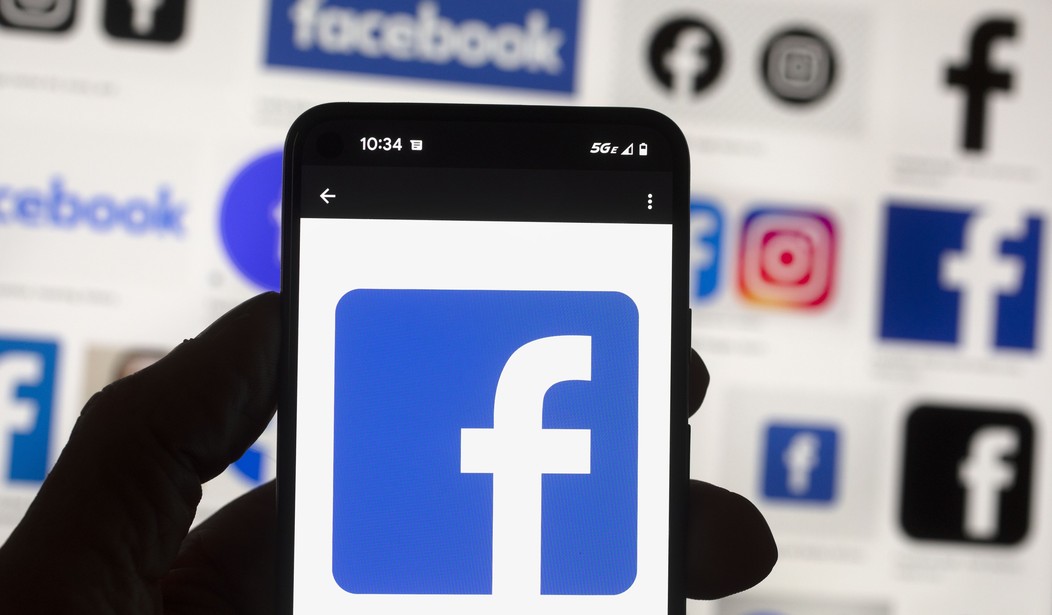Remember the Arab Spring, a series of anti-government protests that engulfed several totalitarian Arab states beginning in 2010? I certainly do, partially because it was viewed as a tipping point in which social media was ostensibly first used as a means of coordinating mass protests and undermining authoritarian regimes.
At that particular point in time, social media was a very novel concept that carried the potential to revolutionize how people communicated, received information, and made their voices heard. Moreover, it was hoped that social media would empower ordinary people while undercutting the stranglehold on the dissemination of information that has been a central pillar of totalitarian regimes for far too long.
My, how things have changed over the past decade or so. Today, we live in a world in which the freedom of speech is under siege like never before. Even worse, governments of all types, not just ones with totalitarian tendencies, are using social media as a mechanism of censoring and silencing anyone they perceive as a threat.
Ironically, the advent of social media, which was originally intended as a bottom-up communications network with no central control and a free speech superhighway, has been hijacked by the very people and powerful entities it was supposed to hold accountable.
With social media, a government can censor/silence anything they deem “misinformation,” “disinformation,” or “malinformation” with the flick of a switch.
Whereas in the pre-digital and pre-social media era, governments had to engage in book burnings and other draconian measures to control the flow of information, social media has made it much easier for governments to stifle the free flow of information in real time.
Unfortunately, the U.S. government has been engaging in this nefarious practice over the past several years, despite the fact that the government has no role in the policing of free speech per the U.S. Constitution.
From the suppression of accurate and truthful information regarding the COVID-19 pandemic to flat-out ordering social media companies to make certain stories like the Hunter Biden laptop bombshell disappear from social media sites in real time just weeks before a pivotal election shows just how “efficient” government censorship efforts have become thanks to social media.
If censoring factual stories about the pandemic or other important societal topics is not enough to warrant grave concern, an even more insidious trend is taking shape.
Throughout the world, we are witnessing a war on free speech like never before. Once again, social media is playing a pivotal role in this worldwide attack on the dissemination of information and the ability of everyday people to make their voices heard.
Take Australia, for example. Last week, Australian officials announced they “will fine internet platforms up to 5% of their global revenue for failing to prevent the spread of misinformation online,” as reported by Reuters.
The United Kingdom has taken an even more aggressive approach. In 2023, the UK Parliament passed the Online Safety Act, which “allows the government to fine social media companies up to 10% of global turnover if they are found in breach.”
How about the European Union (EU)? Under the EU’s Digital Services Act, which went into effect earlier this year, social media companies that don’t abide by the EU’s censorship rules face a fine of up to 6 percent of global revenue and a ban from doing business in the 27 countries that constitute the EU bloc.
And then there is Brazil, which recently banned one of the most popular social media platforms, Elon Musk’s Twitter/X, because the government said the platform is spreading “disinformation.”
Changing directions, there is another paradoxical aspect to the rise of social media that absolutely needs addressed. Originally, the advent of social media was celebrated as a way of bringing people closer together. For instance, the relative you barely spoke with across the world could now become instantly part of your social network, allowing you to interact on a daily basis and keep up with each other’s lives.
While this is great, the rise of social media has also driven humans more apart. Since the explosion of social media, people are generally lonelier than ever. This is especially evident among young people, who have grown up in a social media universe that is fundamentally altering how they connect and behave with other young people.
The point is not to blame social media for these societal problems. Rather, it is to make people question whether social media as a means of connecting with and communicating with people actually is as powerful as we thought it would be.
We now know that social media, for all of its great traits, also carries quite a few dangers. Going forward, we as a society must wrestle with these trade-offs. More importantly, we must not allow social media platforms to be abused by those in positions of power to enforce censorship and spout propaganda.
Chris Talgo ([email protected]) is editorial director at The Heartland Institute.













Join the conversation as a VIP Member